
Radical Grace(2015)
Love is Blind. Obedience Shouldn't Be.
RADICAL GRACE follows three fearless nuns who risk their place in the Catholic Church to follow another higher calling: social justice. When the Vatican reprimands the sisters – citing their “radical feminism” – they become the spiritual and symbolic center of a battle for the heart of the Catholic Church. From their cross-country Nuns on the Bus tour, to serving those on the margins, to a continued struggle for women’s religious equality under Pope Francis, these sisters are transforming American politics — and the Church itself.
Movie: Radical Grace
Similar Movies
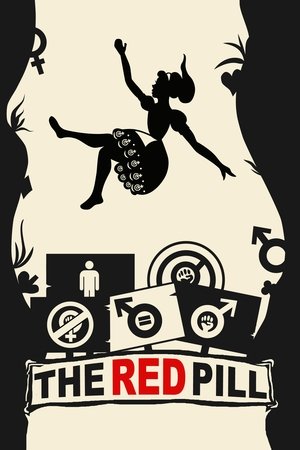 7.5
7.5The Red Pill(en)
When a feminist filmmaker sets out to document the mysterious and polarizing world of the Men’s Rights Movement, she begins to question her own beliefs. Chronicling Cassie Jaye’s journey exploring an alternate perspective on gender equality, power and privilege.
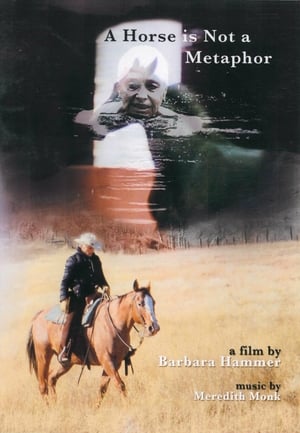 5.0
5.0A Horse Is Not a Metaphor(en)
The filmmaker, fighting ovarian cancer, stage 3, returns to her experimental roots, in a multilayered film of numerous chemotherapy sessions with images of light and movement that take her far from the hospital bed. A a cancer ‘thriver’ rather than ’survivor’, Barbara Hammer rides the red hills of Georgia O’Keefe’s Ghost Ranch in New Mexico, the grassy foothlls of the Big Horn in Wyoming, and leafy paths in Woodstock, New York changing illness into recovery. The haunting and wondrous music of Meredith Monk underscores and celebrates in this film that lifts us up when we might be most discouraged.
Of Two Minds(en)
Of Two Minds explores the extraordinary lives, struggles and successes of three unique and compelling people living with bipolar disorder in America today. Through a combination of intimate verité and revealing interviews, we experience what it feels like to be bipolar - from exquisite feelings of grandiosity and sensuality to the depths of despair and depression. A journey from the painful to the painfully funny, Of Two Minds puts a human face on the illness, opening an engaging, harrowing and perception-changing view on those all around us who live in bipolar's shadows...our sisters and brothers, parents and friends, and ourselves.
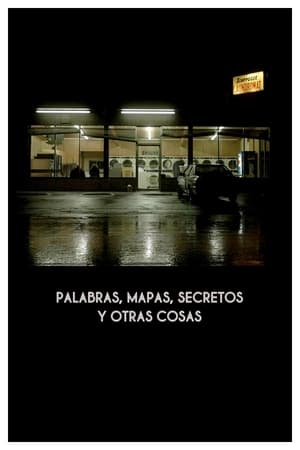 5.1
5.1Words, Maps, Secrets and Other Things(es)
A portrait of the internationally acclaimed Spanish film director Isabel Coixet and an analysis of her particular world and her sensibility as a creator: her fictional universe, her career and her life through the words of actors, technicians, family, friends, journalists, specialized critics and those filmmakers who have been inspired by her work.
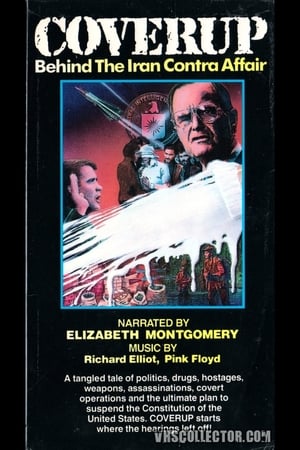 6.0
6.0Coverup: Behind the Iran Contra Affair(en)
Coverup: Behind the Iran Contra Affair is the third feature-length documentary produced by the Empowerment Project. The shadow government of assassins, arms dealers, drug smugglers, former CIA operatives and top US military personnel who were running foreign policy unaccountable to the public, revealing the Reagan/Bush administration's plan to use FEMA to institute martial law and ultimately suspend the Constitution. Strikingly relevant to current events.
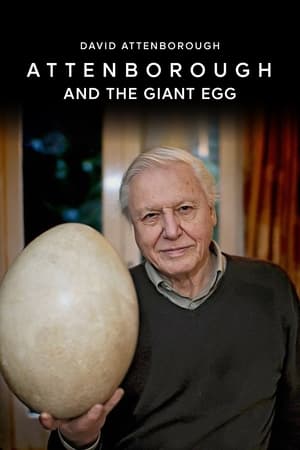 8.6
8.6Attenborough and the Giant Egg(en)
David Attenborough returns to the island of Madagascar on a very personal quest. In 1960 he visited the island to film one of his first ever wildlife series, Zoo Quest. Whilst he was there, he acquired a giant egg. It was the egg of an extinct bird known as the 'elephant bird' - the largest bird that ever lived. It has been one of his most treasured possessions ever since. Fifty years older, he now returns to the island to find out more about this amazing creature and to see how the island has changed. Could the elephant bird's fate provide lessons that may help protect Madagascar's remaining wildlife? Using Zoo Quest archive and specially shot location footage, this film follows David as he revisits scenes from his youth and meets people at the front line of wildlife protection. On his return, scientists at Oxford University are able to reveal for the first time how old David's egg actually is - and what that might tell us about the legendary elephant bird.
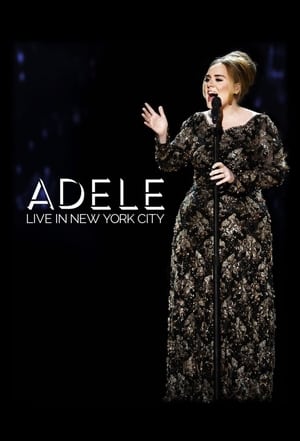 8.3
8.3Adele: Live in New York City(en)
Multiple Grammy Award-winning singer Adele performs a special one-night only concert in New York at Radio City Music Hall. This extraordinary performance marked the artist's first concert in the U.S. since fall 2011 and her largest show in New York to date.
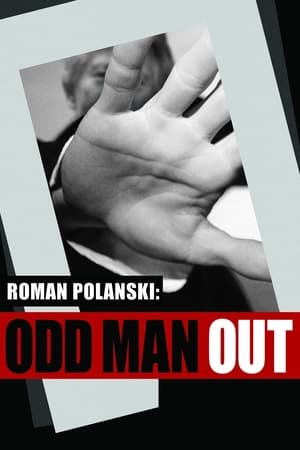 6.0
6.0Roman Polanski: Odd Man Out(en)
A follow-up to the 2008 documentary "Roman Polanski: Wanted And Desired", focusing on the filmmaker's successful battle to avoid extradition in to the U.S. in 2010.
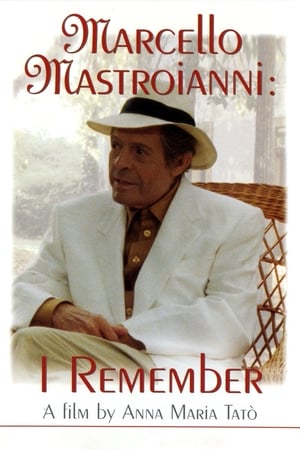 7.6
7.6Marcello Mastroianni: I Remember(it)
In 1996, Marcello Mastroianni talks about life as an actor. It's an anecdotal and philosophical memoir, moving from topic to topic, fully conscious of a man "of a certain age" looking back. He tells stories about Fellini and De Sica's direction, of using irony in performances, of constantly working (an actor tries to find himself in characters). He's diffident about prizes, celebrates Rome and Paris, salutes Naples and its people. He answers the question, why make bad films; recalls his father and grandfather, carpenters, his mother, deaf in her old age, and his brother, a film editor; he's modest about his looks. In repose, time's swift passage holds Mastroianni inward gaze.
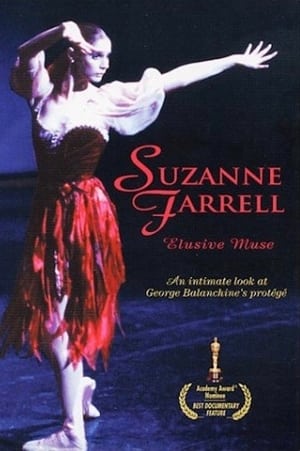 6.3
6.3Suzanne Farrell: Elusive Muse(en)
She came to the New York City Ballet as a teenager from Ohio and captured the heart and soul of the great Mr. B, inspiring the seminal ballets of her era and setting off a star-crossed love triangle as fevered and bizarre as anything in THE RED SHOES. As the greatest ballerina of her time looks back on her amazing career in Anne Belle and Deborah Dickson's intimate portrait, the on-stage triumphs and backstage turmoil come to vivid life.
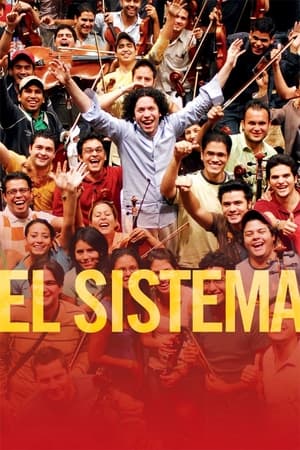 7.3
7.3El Sistema(en)
El Sistema is a network of childrens and youth orchestras, music centres and workshops in Venezuela, in which more than 250,000 children and young people are currently learning to play an instrument. It was set up over thirty years ago by José Antonio Abreu, who was driven by the utopian vision of a better future. In the dangerous and poverty-stricken shanty towns of Caracas, Abreu lifts children out of poverty through music, changing both people and structures. The film El Sistema shows how Abreus astonishing ideas have led the way out of the vicious circle of poverty - and how the power of music has been able to change the lives of hundreds of thousands of young people.
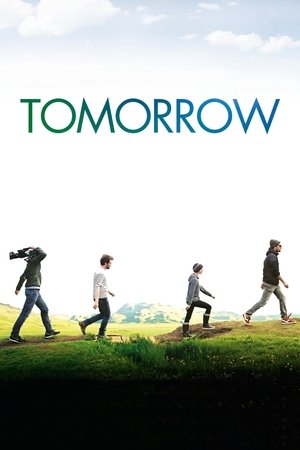 7.8
7.8Tomorrow(fr)
Climate is changing. Instead of showing all the worst that can happen, this documentary focuses on the people suggesting solutions and their actions.
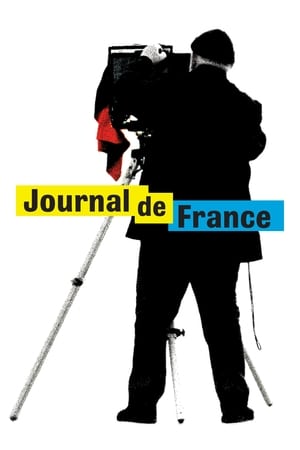 6.8
6.8Journal de France(fr)
A journal, a voyage through time. He photographs France, she rediscovers the unseen footage he has so carefully kept: his first steps behind the camera, his TV reports from around the world, snatches of their memories and of our history.
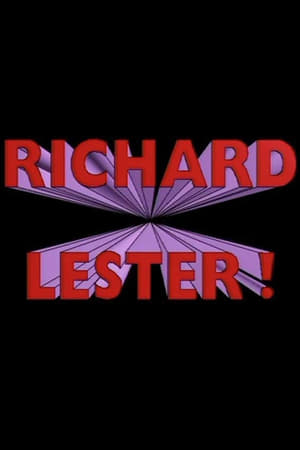 4.0
4.0Richard Lester!(en)
A tribute to Richard Lester, Philadelphia-born filmmaker who moved to England to direct the modern classics "A Hard Day's Night," "Petulia," and "Help!"
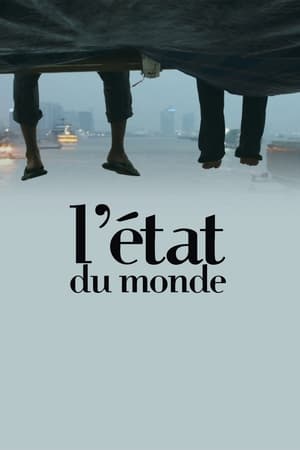 5.3
5.3The State of the World(pt)
An omnibus project examining, well, the state of the world.
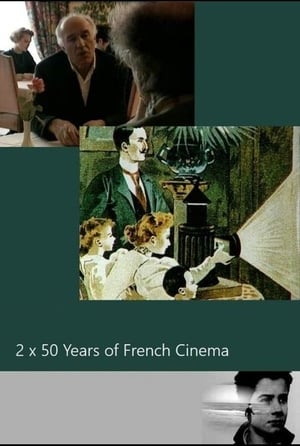 6.4
6.42 x 50 Years of French Cinema(fr)
At a lakeside hotel, Michel Piccoli discusses the centennial of cinema with Jean-Luc Godard. Godard asks why should cinema's birthday be celebrated when the history of film is a forgotten subject. Through the remainder of his hotel stay, Piccoli tests Godard's hypothesis.
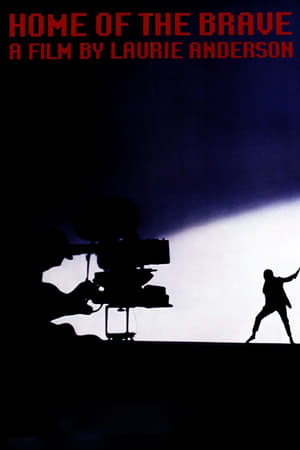 8.2
8.2Home of the Brave: A Film by Laurie Anderson(en)
A concert film directed by and featuring the music of Laurie Anderson, filmed at the Park Theater in Union City, New Jersey, during the summer of 1985. The film includes songs from her 1984 album 1984’s “Mister Heartbreak” and selections from her 1983 “United States” show, along with eclectic, experimental visuals blending film, animation, dance and electronics.
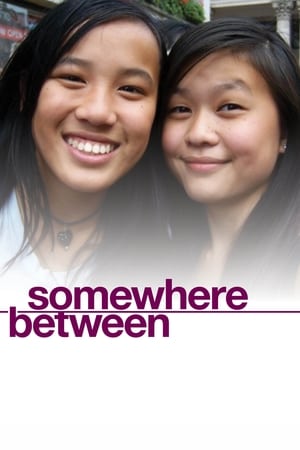 7.4
7.4Somewhere Between(en)
Questions of race, identity and heritage are explored through the lives of young American women growing up as adoptees from China. These four distinct individuals reflect on their experiences as members of transracial families.
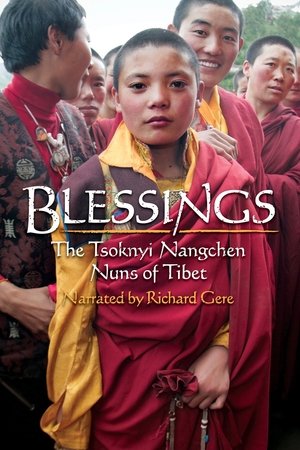 0.0
0.0Blessings: The Tsoknyi Nangchen Nuns of Tibet(en)
In Tibet, the word for woman translates as "lower rebirth." In a remote eastern region of the country, the Tsoknyi Nangchen nuns defy this definition. Devoted to the ancient practices of Tibetan Buddhism - once primarily a male domain - over 3,000 nuns have attained elevated status. Director Victress Hitchcock honors them in this moving documentary, which follows the journey of a small group of Western women to remote mountain hermitages to meet these nuns.
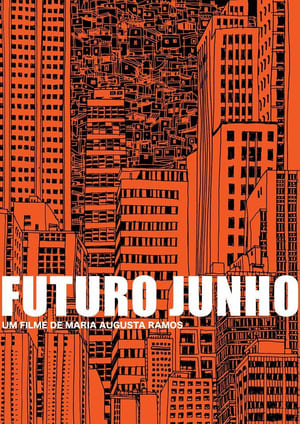 5.0
5.0Future June(pt)
A portrait of the city of São Paulo through the life of four of its inhabitants: an economist and analyst of the financial market, a metallurgist who works at Volkswagen, a motorcycle courier and a railway worker. Each character calls attention to one aspect of the economy in a period of social tension: the three weeks before the start of the World Cup. Observing the daily life of the characters, Future June aims to reflect on this historical moment and on the ways that the current economic model determines social and human relations.




